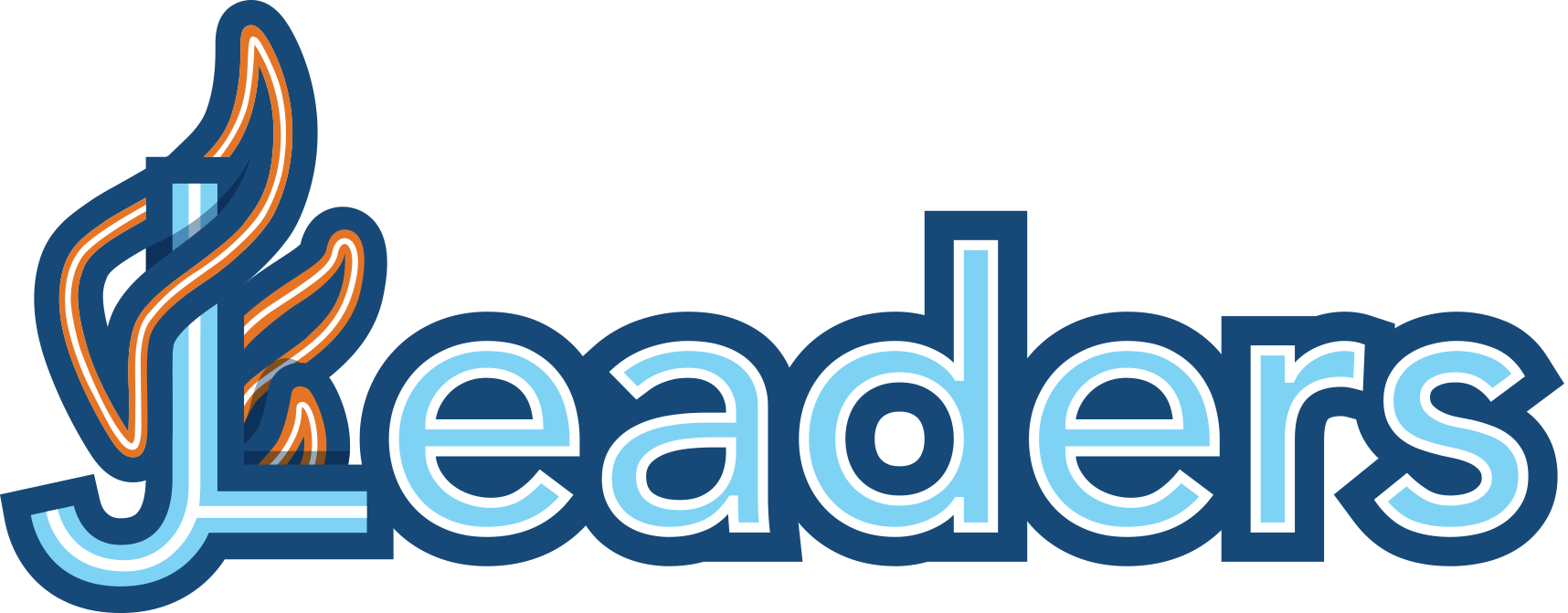By Gita Kaminer, ’23-’24 J Leaders Academy Fellow
Individual actions of Tikkun Olam can contribute to a better world. In this blog, let’s go beyond the individual and team levels to explore how entire organizations can make a profound impact on healing the world.
Part 3 – The Organization: Embrace Accessibility to Heal the World
Creating a diverse and inclusive workplace is a practical application of Tikkun Olam. Organizations can foster a culture of acceptance and awareness by recognizing and celebrating differences and creating policies that respect diverse religious practices, cultural backgrounds, and family dynamics.
Another way organizations can significantly improve employee well-being and stress-reduction — and do so affordably — is through increased and intentional focus on accessibility.
Why Accessibility? Because society often views disabilities as medical conditions requiring individual changes, yet many are benign differences that require accommodation and acceptance rather than “fixing.”
A good example is neurodivergence. A 2019 study showed that much of what is considered autistic “social deficits” aren’t really deficits at all; they are differences in communication styles that neurotypicals weren’t taught to adjust to. Other evidence suggests that ADHD traits are part of normal human variability, and only a disadvantage in societies which value isolated independence and office-based work.
Let’s consider making our workplaces more inclusive for neurodivergent individuals. Think dimmable lights, normalizing the use of stress balls and fidget spinners, and eliminating the expectation of eye contact during intense conversations.
In fact, many of the accommodations requested by autistic individuals are achievable, cost-efficient, and would benefit everyone1:
- Specific plans with details about time, place and what is likely to happen (e.g., publishing catering manus in advance).
- Clearly saying “yes” or “no” with no euphemisms like “I’ll think about it” and refraining from punishing or judging people for failing to read between the lines.
- Reading materials, questions and discussion topics provided in advance of a panel, interview or other high-stress public event.
- Giving direct explanations of feelings (e.g., “I am disappointed right now because”) and not assuming people can interpret facial expression, tone of voice, posture, breathing or tears as indicators of emotion.
- Recognition and respect of boundaries
- Giving space to talk about challenging topics while driving, taking a walk, or doing something with one’s hands.
- Giving people time alone to reflect on their feelings and beliefs.
- Providing frequent breaks from socializing or quiet spaces for people to retreat to
When we extend the values of Tikkun Olam to a larger scale within our organizations, we become active participants in healing the world. Recognizing and celebrating our differences, embracing inclusive policies, and accommodating diverse needs enrich not only our workplaces but also contribute to a more just and equitable world.
We’re on a journey, both as individuals and leaders, to heal the world, one step at a time. Tikkun Olam is a practical call to action that truly resonates in our fast-paced world and a reminder that we hold the power to create meaningful change, even through small actions. So, let’s wholeheartedly embrace these timeless values and continue working together to make our communities and workplaces better, not only for ourselves, but for the greater good of all.
Applying Jewish wisdom to our professional and personal lives is what we do at J Leaders. Discover how we integrate Jewish wisdom into leadership development through our programs.
- Price, Devon. Unmasking Autism: Discovering the New Faces of Neurodiversity. First edition. New York, Harmony Books, 2022.

